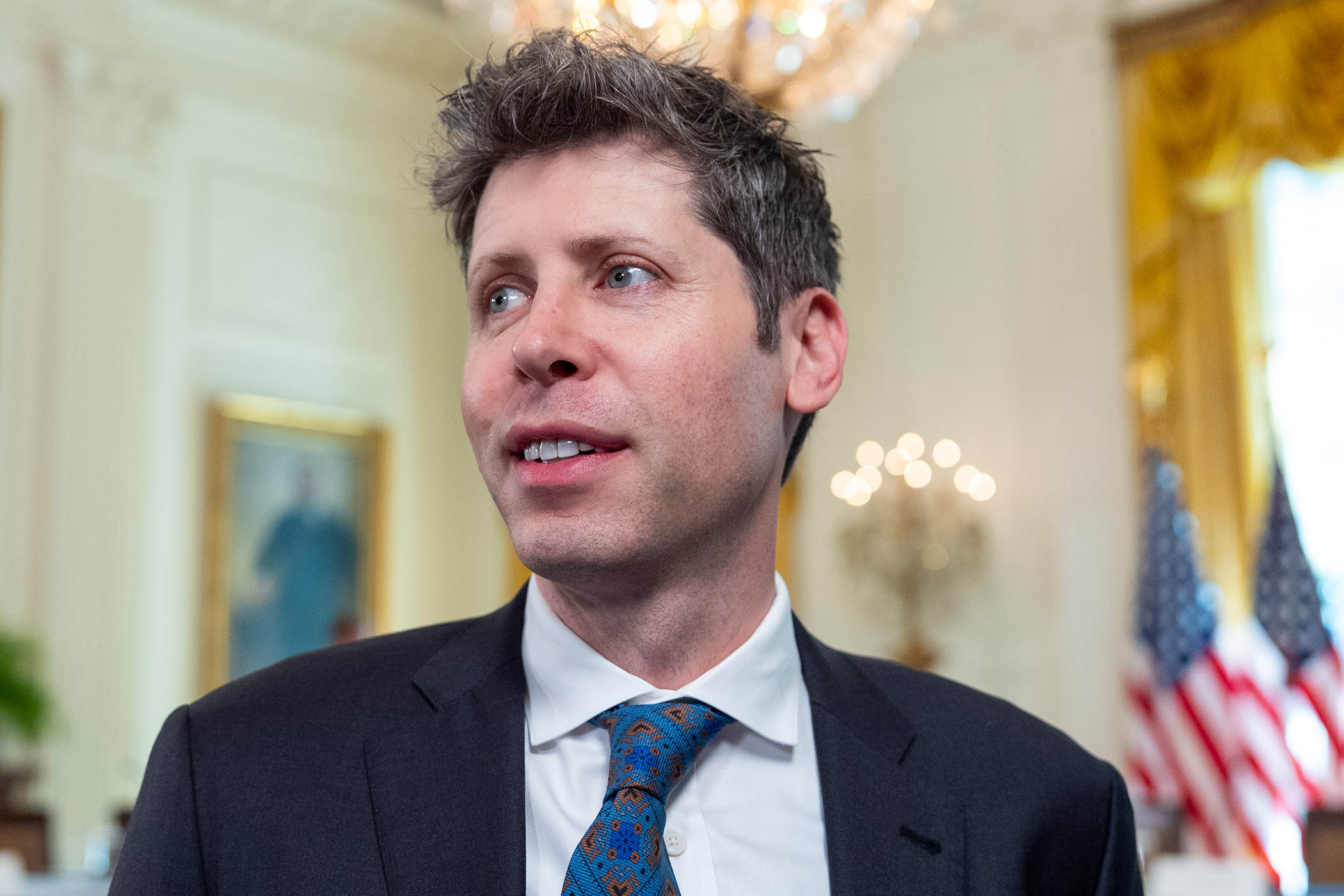Last week’s news about the launch of GlobeScribe, a publishing service offering AI translations of novels for the bargain price of $100 (£74), confirms what we’ve long suspected – that AI is being discussed not merely as a tool that can be useful for professionals, but as something to replace us entirely. As a human literary translator, I’m among those facing down that challenge. But we’re not replaceable just yet.
One line of dialogue in the story I’m translating this weekend reads, in its entirety: “T'es fatigué, toi?” Not the most taxing piece of translation work I’ve ever undertaken. I f you don’t know French, it’s basically “Are you tired?” – that’s the gist. But to give you more colour: the French is very casual, and uses an informal/intimate mode of address (tu rather than vous). Also encoded within this short phrase is the fact that the addressee is male; we’re asking if he’s fatigué, not if she’s fatiguée.
I am also a ‘large language model’ (God help me) – but I am also more than that
I am also a ‘large language model’ (God help me) – but I am also more than that
“Are you tired?” doesn’t automatically tell us which other character is being addressed and nor does that English “you” testify to anything about this relationship, which matters because only yesterday this couple were calling one another vous, so this tu indicates a relational shift. As the translator, I notice these things and decide whether or not they’re significant, and act on them if they are. I draw on my ability to read French and to write English, and an ear for real-life dialogue, but also on my understanding that these are the same people we met back on page 16 (though not named), why the casualness is worth conveying in this specific situation, and what it means to be in a human relationship experiencing this sort of shift.
“Are you tired?” is inoffensive. It’s also readable, natural and smooth (the usual tiresome measures of quality when talking about translation). “Are you tired?” is also less than its source. As a reader, you might care about the loss; you might not. I do – for one thing, I’m writing a book at the moment, so I’m rather hoping for more than “basically, yeah, that’s the gist” from my own translators.
I’ve looked at plenty of machine translations. At this moment, I’m not worried about what AI (including large-language models trained on my copyright work) can actually do. As a human, I too am a “large language model” (God help me) – but I am also more than that. No, what AI can do is not yet a threat to human translators and human readers of sophisticated, textured human writing. The threat is what some people think it can do.
Photograph by Getty
Newsletters
Choose the newsletters you want to receive
View more
For information about how The Observer protects your data, read our Privacy Policy


